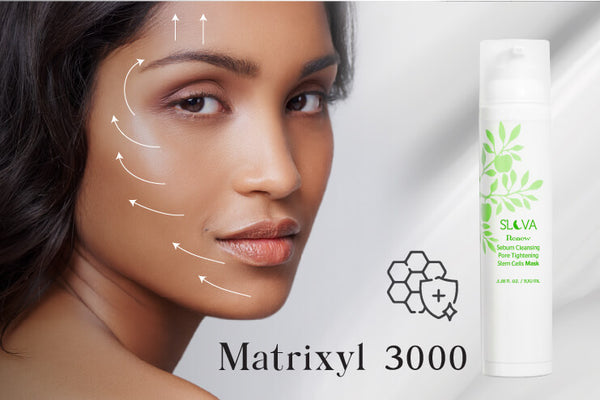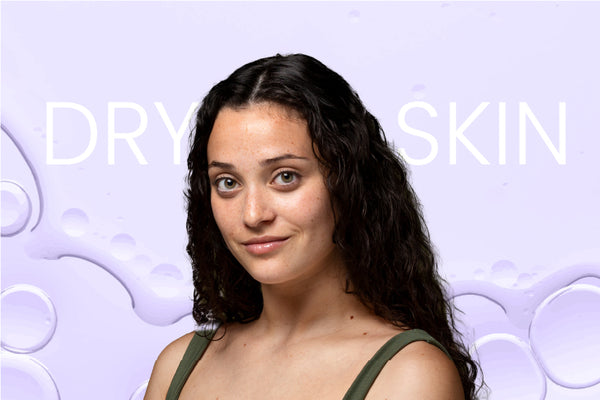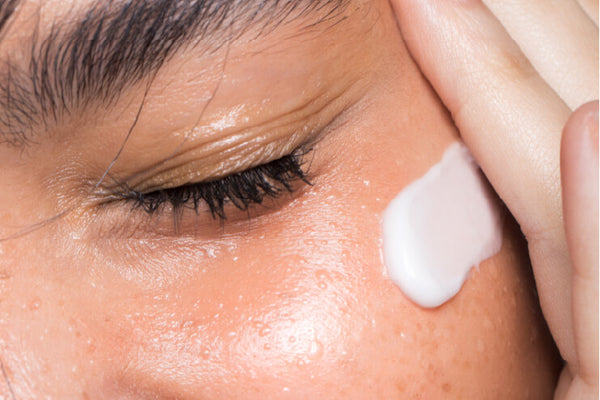Note: "Add 2 products to avail Buy 1 Get 1.
Not Applicable on Combo products."
Acne Scars That Won't Go Away? Here Are Some Solutions

Seeing an unexpected pimple is quite annoying. But what is, even more, worse is acne scars...Acne is one of the most common skin conditions. Did you know: Approximately 85 percent of people between the ages of 12 and 24 experience at least minor acne.
We understand the urge to pop a pimple whenever it comes unannounced. But popping a pimple leaves us with the most dreaded outcome: acne scars.
To be honest, if you don't treat acne scars, they are likely to stay with you for your whole life. However, it is also important to know that any treatment for acne scars will not remove the scars completely, they will only decrease the intensity and make them less visible.
While we wish for a magic treatment that can get rid of them overnight, here we share how to handle acne, acne scars, and how to prevent and treat them little by little.
How can you reduce the risk of acne scars?
- Fight off the urge to touch your face frequently
- Don't pick, squeeze, or scratch the acne, as it will definitely leave a scar
- Treat the acne as soon as possible, as the longer you wait, the greater the chances of scarring
- Stop smoking as it increases the risk of scarring
- Always wear an SPF as too much sun can darken the scarring
- If your acne is severe, it is better to see a dermatologist and get your acne treated before it scars
Topicals that help in lightening acne scars:

Vitamin C: This powerful antioxidant helps reduce the appearance of redness and pigmentation from acne scars. It can also prevent some acne scars from forming.
Retinols: This derivative of vitamin A boosts skin exfoliation and prevents acne. It also boosts collagen production and promotes skin cell turnover to treat post-acne hyperpigmentation and minimize the appearance of acne scars.
Salicylic Acid: It penetrates deep into your skin and dissolves the dead skin cells and excess oil clogging your pores. It exfoliates the skin and keeps the pores clear, thus preventing acne and acne scars.
Alpha-Hydroxy Acids (AHA): AHAs unclog pores and exfoliate the skin. They reduce the severity of acne and acne scars, fix uneven skin tones and textures, and prevent some acne scars from forming.
Azelaic Acid: It prevents tyrosinase, an enzyme that creates pigment in the skin and decreases the production of acne-causing bacteria. Its antimicrobial and anti-inflammatory properties help in preventing acne and treating acne scars.
Hydroquinone: It is a skin-lightening agent that bleaches the skin and helps in treating different forms of hyperpigmentation including acne scars.
How to treat acne scars: Dermatological treatments
Resurfacing Procedures:
Chemical peels: In this treatment special chemicals are used to remove the top layer of old skin. When the top layer is removed the new skin layer is smoother and has fewer scars.
Dermabrasion: In this treatment, a special tool is used that produces friction to remove the top layer of the skin, just like how a sander removes the lop layer from a plank of wood.
Microdermabrasion: Microdermabrasion is different from dermabrasion. In this procedure, a special applicator with an abrasive surface is used. It gently sands away the thick outer layer of the skin to rejuvenate it.
Laser resurfacing: In this process, a laser delivers heat to the scarred collagen under the skin, thus signaling the body's wound healing response to create new and healthy collagen. This will encourage the growth of new skin to replace it.
Other procedures:
Steroid injections: In this procedure, steroids are injected into a raised scar. They soften the fibrous tissue, thus causing the scar to flatten.
Dermal Fillers: In this treatment, a substance is injected under a depressed acne scar that lifts the skin upward.
Microneedling: In this, small needles are used purposefully to injure your skin. This will send repairing signals to the skin to stimulate collagen production that can smooth scars.
Excision: In this treatment, the dermatologist cuts the skin to remove the acne scar and stitches it to close the wound.
Punch grafting: In this procedure, an acne scar is excised, and a skin graft is taken from another part of the body (typically behind your ear) that fills the area where the scar was excised.
Cryosurgery: In this treatment, liquid nitrogen is used to freeze a raised scar tissue which then dries and falls off.
We understand that acne and acne scars can take a toll on one's emotional health and confidence. However, it is important to understand that no treatment can completely erase acne scars. Based on the severity of your scars your dermatologist will recommend the most appropriate scar treatments for you.
Most people don't consider treating their scars, and that is okay too. Remember, only your perception of your skin matters the most.


